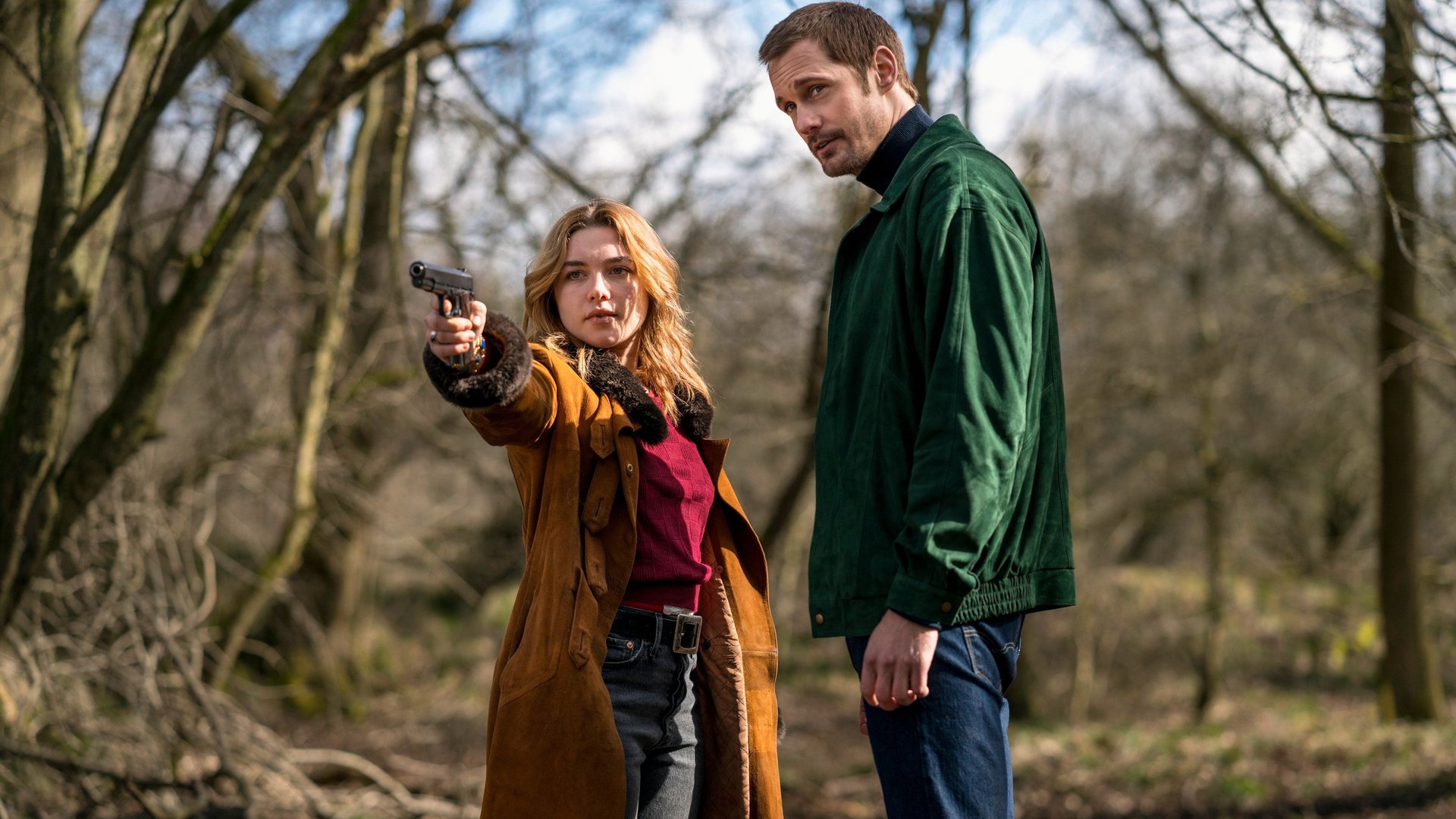“The Little Drummer Girl” is a riveting throwback to when TV was an event, not a binge
Over the course of eight consecutive nights in January 1977, Roots captivated a country. Alex Haley’s miniseries about the black experience in America was watched by 51% of American TV homes, making it one of the most successful television productions in the history of the medium. It was a bona fide event, a relic from an era when nightly appointment TV was commonplace.


Over the course of eight consecutive nights in January 1977, Roots captivated a country. Alex Haley’s miniseries about the black experience in America was watched by 51% of American TV homes, making it one of the most successful television productions in the history of the medium. It was a bona fide event, a relic from an era when nightly appointment TV was commonplace.
AMC’s spy miniseries The Little Drummer Girl can’t hope to reach the amount of viewers or attain the same cultural import as a Roots (nothing really can), but it is attempting to bring back the “television event.” The six-part series airs two hourly installments per night for three consecutive nights, starting this evening (Nov. 19). AMC has advertised the show, which is based on the John Le Carré novel of the same name, as a “three-night event” first, “miniseries” second.
In the age of streaming, binge-watching, and weekly water-cooler shows, anything released on consecutive nights sticks out. It didn’t used to be this way—the format was popular in the 1970s and 1980s, when miniseries like Lonesome Dove, Shōgun, The Thorn Birds, and The Winds of War engrossed American audiences for several nights in a week. Today, event TV is generally reserved for kitschy gimmicks, elaborate crossover events, or one-night only TV movies. The last miniseries nominated for the best miniseries Emmy to air over consecutive nights was the History channel’s 2016 remake of Roots. All others were broken up into weekly episodes to maintain their networks’ scheduling integrity and hold viewers’ increasingly important (and limited) attention for longer period of time.
That The Little Drummer Girl is airing over consecutive nights is especially notable because AMC’s last Le Carré adaptation, The Night Manager, aired weekly in 2016. Its success (the Tom Hiddleston-led series won two Emmys and got solid ratings) means that AMC’s decision to change up the schedule for The Little Drummer Girl is probably story-related.
The Little Drummer Girl—a labyrinthine, globe-trotting tale of espionage that takes place during the Israeli-Palestinian conflict in the 1970s, is the kind of slow-burning but enchanting story that event TV was made for. It’s far too dense to binge in one caffeine-fueled session, yet if you were forced to wait a week between installments, you’d likely forget (or possibly lose some interest in) its many tricks, its constant subterfuge. It’s the kind of world you’ll want to live in for a few nights, but not much longer.
AMC’s viewing schedule is different from that of BBC, where the show has been airing weekly in the United Kingdom and is shedding viewers with each episode. Had watchers known they wouldn’t have to wait a week in between airings, perhaps more would have stuck around. That’ll be put to the test this week in the US.
Those who do stick with the show will be rewarded with a smoldering spy tale—one of Le Carré’s best, adapted brilliantly here for TV by the cult-favorite South Korean director Park Chan-wook (Oldboy). Florence Pugh—an actress you’ll know soon, if you don’t already—plays Charlie, a young radical left-wing English theater actress who becomes entangled in an Israeli intelligence plot to infiltrate a Palestinian terrorist cell responsible for bombings throughout Europe. Alexander Skarsgård plays her brooding Israeli handler, Becker, while Michael Shannon plays Kurtz, Becker’s superior and the strange spymaster in charge of the whole operation.
The series expertly demonstrates the real work required to infiltrate a terrorist cell: finding and developing an asset, layers upon layers of subterfuge, thinking not one but a dozen steps ahead. It’s sometimes a little overwhelming, but in the moments where it all comes together—like the revelation early on of what was really happening in what Charlie thought was an acting audition—it’s thrilling and satisfying in a way that only spy stories can be. Anyone who watched The Americans will know that feeling well.
As Le Carré stories tend to do, The Little Drummer Girl goes far deeper than mere car chases, dead drops, and coded letters. The series examines the innate human desire to put on appearances and disguise one’s true nature, whether you’re an international spy or just an actress trying to get by. When Kurtz welcomes Charlie to “the secret world,” she, along with the audience, realizes she’s already been living there all along. Even terror, we later learn, is a form of theater.